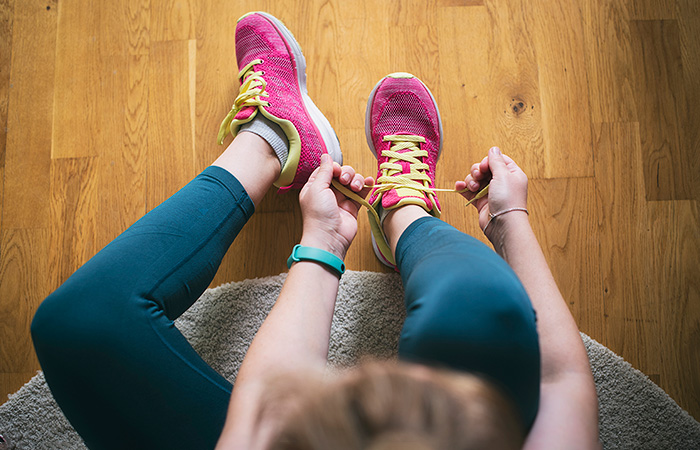Steps To Better Health: Safely Returning To Exercise
BIDMC Contributor
APRIL 09, 2025
How To Safely Exercise After Heart Issues

With the arrival of longer and sunnier spring days, more people are lacing up and getting outside. Whether they are walking around the block or training for their local 5k, it's inspiring to see so many walkers and runners this time of year.
However, for those with a history of heart issues, turning that inspiration into action can be difficult. Beth Israel Deaconess Medical Center (BIDMC) cardiologist Jeremy Robbins, MD, shares key considerations for safely building a new exercise routine.
What To Keep in Mind
What advice do you give patients who want to start exercising after a long break or after heart problems?
“First off, I would applaud and encourage those patients. In particular, the medical community increasingly recognizes the importance of an early return to physical activity and exercise after cardiovascular events, and there is a wealth of data showing that individuals who improve their fitness from the lowest levels to even slightly higher levels stand to gain the largest health benefits.
While specific recommendations should be individualized based on one's current physical fitness and specific medical conditions, my general advice is to start slow and gradually increase the volume and intensity of exercise. Beginning with 5-15 minutes of walking at a pace where you can converse easily and gradually build up to 30 minutes a day is a very good start.”
What are the top 3-5 things you recommend for gear?
“A good water bottle and supportive footwear are must-haves. I also encourage people to use wearable technology (e.g., heart rate monitors) if it helps motivate them and not discourage them; if listening to music is going to make you more likely to exercise than tracking your peak heart rate, invest in earbuds over the smartwatch.”
Taking the First Steps
Even with the best advice and gear, it can be hard to get outdoors; coordinating exercise with a friend or group can be helpful motivation.
But if you’re motivated by results, focusing on the health benefits that come with exercise may also provide encouragement.
Staying physically active is one of the best ways for people of all ages to enhance their overall health. Regular exercise makes the heart more efficient at pumping and receiving blood, lowers blood pressure and bad cholesterol levels, improves coronary artery blood flow, and lowers both one’s risk of recurrent heart disease and developing new disease.
Chemistry of Exercise
While these benefits are well established, there's still much to learn about how the body responds to exercise. Dr. Robbins and his collaborators at the Personal Genomics and Cardiometabolic Disease research program are actively exploring why people respond differently to exercise by studying genes, proteins and molecules.
“The ultimate goal — and we are not there yet — is to use new molecular technologies to help guide people to the right exercise program so that they can achieve their specific health goal or improve an individual health condition.”
Make an appointment with a cardiologist and check out the Wellness Center at Bowdoin Street which offers free or low-cost exercise programs.
